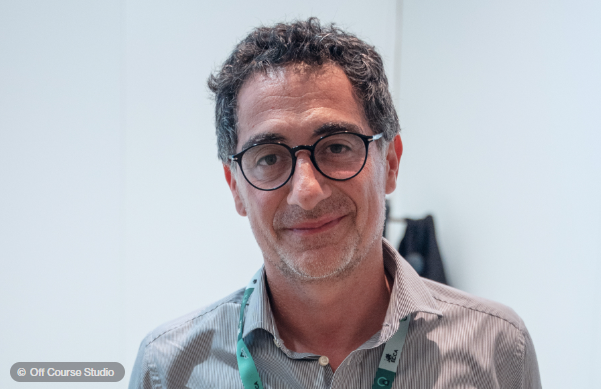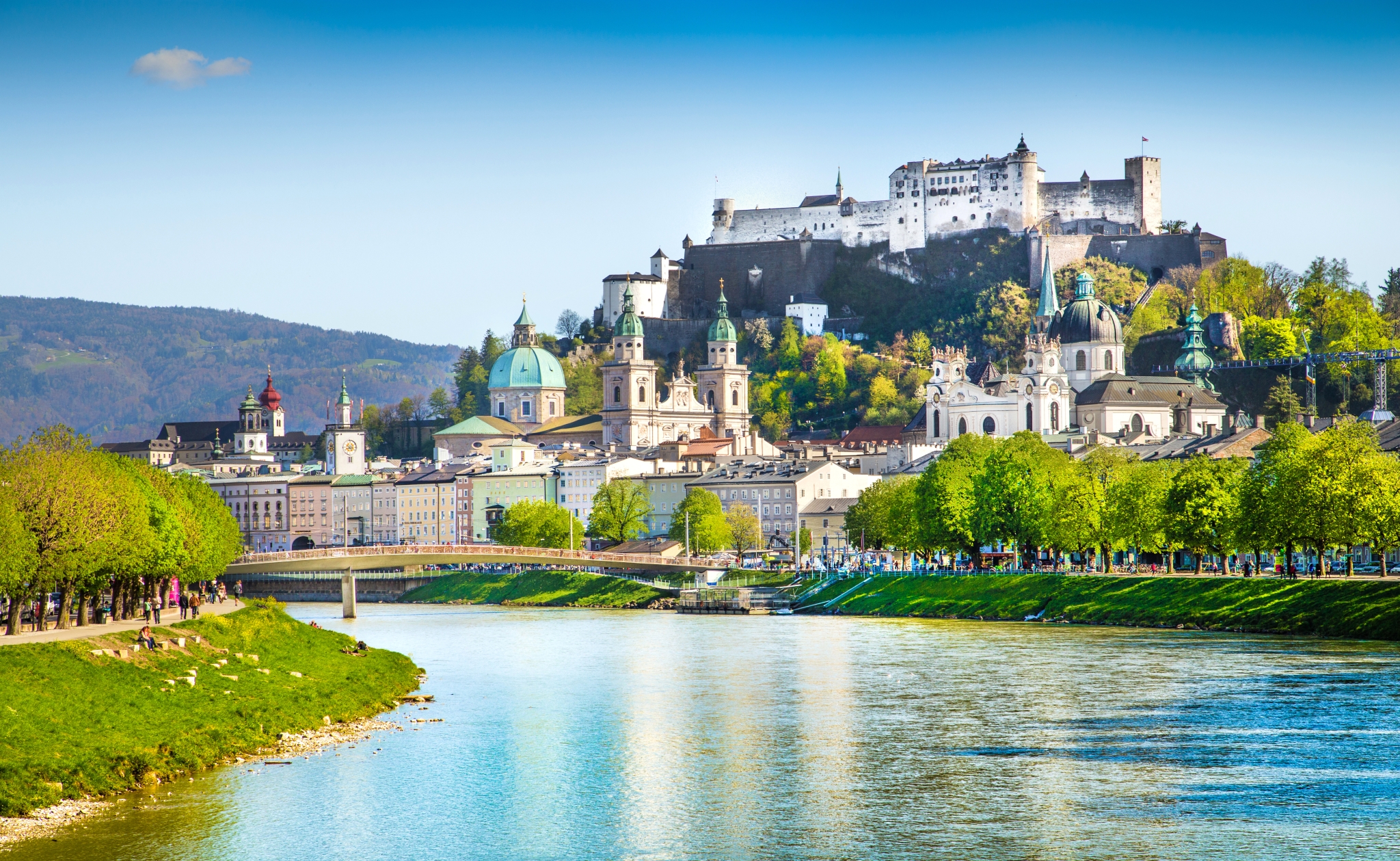
Innovative Project Explores Asset-Level Modelling for Climate Resilience
The ICARIA project, funded by the European Commission’s Horizon Europe programme within the scope of the European Climate Change Adaptation Mission, proposes a comprehensive asset-level modelling framework to achieve a better understanding of climate-related impacts produced by complex, compound and cascading disasters and the possible risk reduction provided by suitable, sustainable and cost-effective adaptation solutions.
The number of disasters caused by climate events has increased significantly in recent years. According to a recent UN report, over 7,000 disasters caused or exacerbated by the climate crisis were recorded between the years 2000 and 2019, affecting over 4 billion people and resulting in economic losses of nearly $3 billion worldwide. This is mainly due to a significant increase in extreme weather and climate events, such as heatwaves, droughts and floods. If global temperatures continue to rise at the current rate and net-zero emissions targets are not met by 2050, the frequency of these catastrophes will continue to increase in the coming years. This could mean the loss of 10% of the world’s total economic value.
The ICARIA project, launched in January 2023, seeks to increase knowledge of the impacts of natural disasters on critical assets in different sectors such as water, energy, transport, waste and housing. The initiative also seeks to shed light on how these events could affect the lifecycle costs of these infrastructures in the coming decades and to ensure investment in sustainable adaptation measures to address these risks.
In specific terms, ICARIA will propose a comprehensive framework for the analysis of climate resilience and the assessment of economic and social impacts. This includes the development and validation of state-of-the-art models capable of simulating the risks to regions associated with extreme climate events, with a special focus on compound events and cascading impacts on strategic services and infrastructures, as well as on the environment.
ICARIA will enable a better assessment of holistic resilience and climate-related impacts for current and future scenarios
The project involves an innovative modeling approach, where models will be developed to perform risk assessment analyses at the asset level. Moreover, the models developed will take account of a wide range of climate hazards, from pluvial and coastal flooding to heatwaves, forest fires and droughts. In terms of climate scenarios, high-resolution local climate forecasts based on statistical and dynamic regionalisation techniques will be used to simulate the impacts of isolated extreme events and compound events, i.e., coincident and consecutive events. This will enable the triggering mechanisms of cascading events to be identified in terms of risk and probability of occurrence.
A tool to facilitate the selection of the most effective and cost-effective adaptation measures
In order to facilitate the applicability of the research work, a common methodology for assessing climate risk in the different case studies will first be established and a shared approach for the definition of climate scenarios adapted to each region will be proposed. Methods to deal with uncertainties due to a lack of data and intrinsic errors in climate models will also be proposed. Subsequently, asset-level modelling tools will be developed to simulate the response of assets to extreme weather events and the direct and indirect impacts of such events. The probability of single and compound extreme events will be estimated and tailored multi-hazard simulations will be performed to achieve a better understanding of the potential losses associated with these phenomena, the interactions that cause cascading impacts.
The results of these simulations will be incorporated into a tool that will enable a detailed and comprehensive assessment of the potential impacts of different socio-economic and climate scenarios, taking multiple hazard management into account. This tool will ultimately facilitate the comparison of adaptation scenarios in order to choose the most effective, sustainable and cost-effective measures, through cost-benefit and multi-criteria analysis. It will, therefore, be a valuable decision-making tool for planning action to improve climate resilience at the regional level and provide a probabilistic and uncertainty analysis associated with each scenario.
Three case studies for the testing of ICARIA tools
ICARIA will work on three case studies in three different regions across Europe. Two of them, the Barcelona Metropolitan Area in Spain and the South Aegean Archipelago in Greece, are located in coastal areas of the Mediterranean, one of the most vulnerable regions in terms of exposure to extreme events, particularly bearing in mind the high asset and population density. It is home to over half of the continent’s population. The Salzburg Region, the third case study, is located in Austria and represents an area severely affected by the climate crisis, with melting glaciers and heatwaves directly impacting assets associated with energy production and other strategic sectors.
The Barcelona Metropolitan Area case study seeks to provide knowledge of how the impacts of extreme weather and climate events, such as floods, storm surges, sea level rises, heatwaves, droughts, windstorms and forest fires affect strategic assets and sectors in the area, in terms of direct and indirect damages, including cascading effects. Simulations for this region will initially focus on urban flooding, both pluvial and coastal, and sea level rise. Subsequently, the focus will extend to heatwaves, droughts and forest fires taking into account the probability of compound events occurrence.
To validate the effectiveness of the solutions, the case studies will include two cycles of comprehensive risk and resilience assessments. In each region, the first assessment will focus on the best-known climate hazards and the potentially affected assets for which there is the greatest knowledge and data availability, while the second cycle will focus on other, historically less studied, disasters and assets. In the two assessment cycles, the participation of local actors will be encouraged through the creation of communities of practitioners. In these groups, which will include scientific experts, public and private entities responsible for strategic assets and services, citizen associations and other relevant stakeholders, a large set of activities will be carried out to identify needs, improve understanding of risk awareness and ensure the co-creation of adaptation solutions.
The project will also assess the replicability of the proposed solutions, first within the different case studies and then in five other selected regions: Great London in the United Kingdom; the Vega Baja region in the Autonomous Community of Valencia in Spain; the central region of Macedonia, the South Aegean region and Crete in Greece; the Campania region and the Metropolitan Area of Naples in Italy and the region of Upper Austria. On completion of the project, the analysed regions will have regional-scale adaptation scenarios with climate and socioeconomic forecasts, enabling them to understand the short and long-term impact of the measures implemented.
15 entities with experience in the field of research in Europe will collaborate in this project
ICARIA will take place within the framework of the European Commission Horizon Europe funding programme. The project partners have extensive experience in European research projects in the field of climate resilience and critical infrastructure management. Under the leadership of Cetaqua, water technology center, and Aquatec, a company belonging to the Agbar group, the project consortium is composed of private companies Aigües de Barcelona, Draxis Environmental from Greece and Verbund from Austria; public entities, the Área Metropolitana de Barcelona and the South Aegean Region of Greece; the Foundation for Climate Research (FIC) and the Catalonia Energy Research Institute (IREC), the Demokritos National Center for Scientific Research from Greece, the Portuguese National Laboratory of Civil Engineering, the Center for Research and Technology, Hellas in Greece and the Austrian Institute of Technology. Representing the academic sphere are the University of Naples Federico II in Italy and the University of Exeter in England.ICARIA follows in the footsteps of initiatives such as RESCCUE, a European research project led by Aquatec and completed in 2020. Unlike its predecessor, ICARIA focuses more specifically on modelling and assessing climate impacts on critical infrastructure and the associated cascading effects at regional scale. This includes simultaneous high-impact climate hazards (compound events) such as co-occurrence of pluvial and coastal flooding events, and droughts and heatwaves coupled with wildfires.
More news

The ICARIA project tests pioneering tools to address the impacts of extreme climate phenomena
Climate change is increasing the frequency, duration, and severity of extreme weather events. These phenomena have significant social and economic... View Article

New interview about ICARIA by Beniamino Russo
Project Coordinator and Professor of Hydraulics and Hydrology at Universitat Politècnica de Catalunya – BarcelonaTech (UPC), Beniamino Russo, has interviewed... View Article

#5 | Compound climate hazards and energy challenges: Insights from Salzburg within the ICARIA project
By Marianne Bügelmayer-Blaschek (AIT) Austria, a mountainous landlocked country in Central Europe, has experienced an almost 3°C increase in average... View Article

